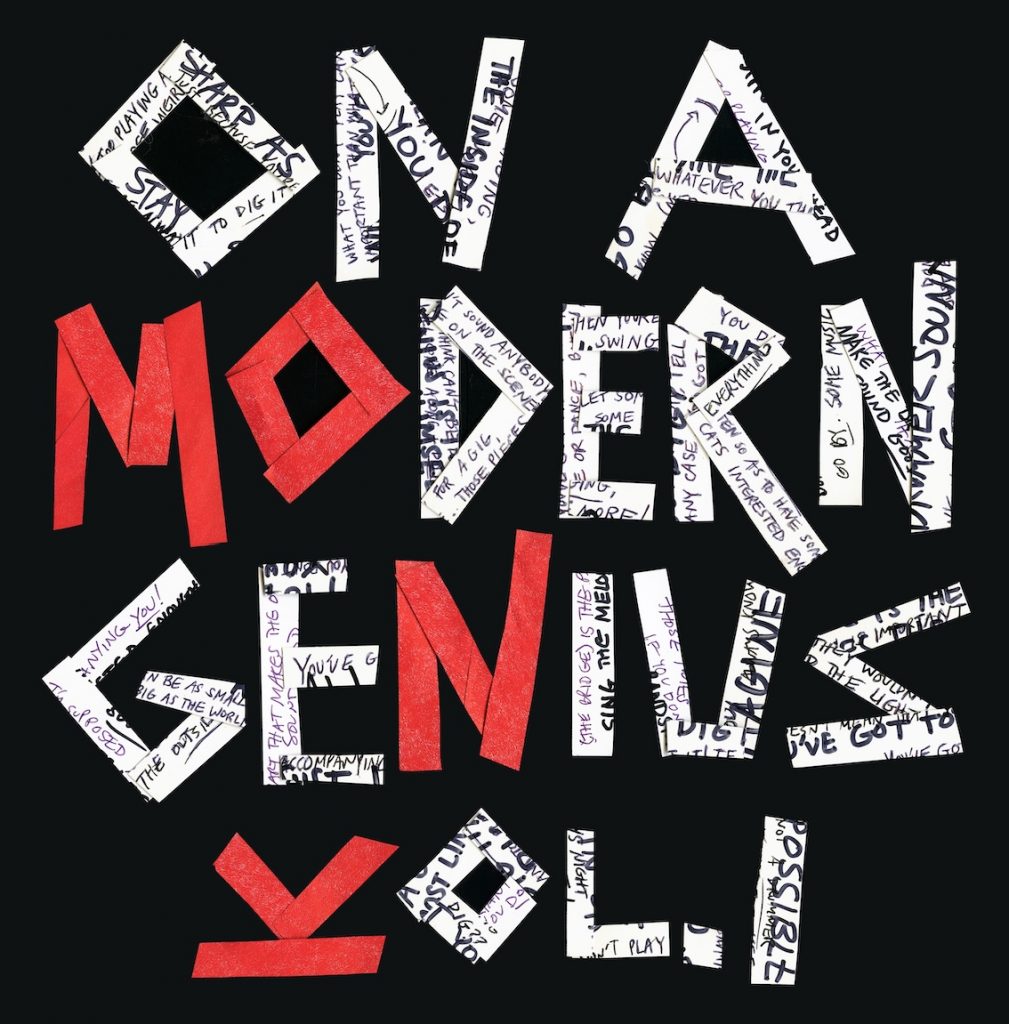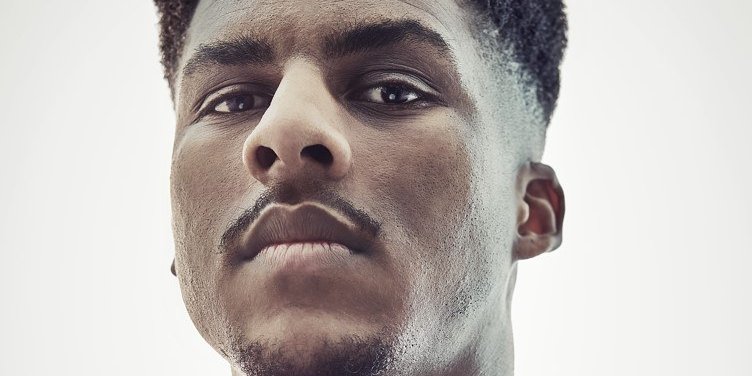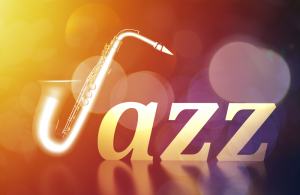From his early influences to his love of all things Monk, Xhosa Cole talks to KOJ about his career so far and his aspirations for the future as well as his current album. Cole is one of the most interesting musicians of our time. Since he won the 2018 BBC Young Jazz Musician of the Year his career has rocketed. IN 2019 Cole received the Parliamentary Jazz Award for ‘Best Newcomer’ in 2019 and Jazz FM ‘Breakthrough Act of the Year’. He continues to grow in recognition and has played major venues, with renowned musicians. He has headlined at major jazz clubs and halls and had work commissioned for orchestras and films. Cole continues to develop his music, as well as investing in jazz music in Birmingham where he grew up. He supports upcoming young musicians and teaches regularly in Birmingham and London. Despite his incredibly busy schedule, KoJ caught up with Cole.
- Was winning Young Musician of the Year the most influential event that affected your career?
Winning Young Musician of the Year was a significant milestone for me. The most important aspect was having the opportunity to represent and be represented on that stage. It was an incredible chance to connect with people within the jazz community as well as others involved in the competition. I made some amazing friends who remain a vital part of my circle to this day.
In terms of its impact on my career, it certainly accelerated things, building momentum and opening doors. Most importantly, it allowed me to connect with extraordinary musicians and the wider jazz world.

- In your new album release, ‘On A Modern Genius’ you celebrate Monk. Why Monk in particular?
My connection with Thelonious Monk began when Hans Koller, head of Jazz at Trinity, introduced me to his music around 2010. He taught us a tune called ‘Played Twice,’ and I was immediately captivated by Monk’s compositional style and his inimitable approach to music. His work carries a certain Caribbean flair, likely influenced by the Jamaicans he grew up with in Harlem, which resonates with me deeply. There’s a strong cultural and musical connection there.
- You are from Birmingham. Are you still connected to the music scene there, and do you collaborate with local musicians?
Absolutely! I’m a proud Brummie, and the Birmingham music scene has shaped me into who I am today. The city’s rich tradition of music and creativity, especially in Handsworth, with its vibrant immigrant communities and multiculturalism, has been a major influence on my identity. My music reflects my experiences growing up in the Midlands. I’m still very connected to the local scene, and it’s exciting to see so many brilliant players emerging right now.
- Who were your earliest influences musically?
Sonny Rollins remains a huge influence on me. That appreciation started thanks to one of my teachers, Jean Toussaint. Rollins’ flair, spontaneity, and deep commitment to improvisation continue to inspire me. Barry Harris famously called Rollins ‘The Perfect Cat,’ which is high praise from such a legendary mentor to so many musicians.
- Has becoming an international artist, changed your approach to music-making and creativity?
One of the wonderful things about playing jazz is its versatility—you can perform in intimate community centres or on grand stages like Cadogan Hall or the Proms. I’ve never let the context define my approach to musicianship; sincerity remains my guiding principle in all settings. However, performing on a larger scale has allowed me to connect with musicians worldwide, which has been a significant driver for my creativity. Collaborating with artists from different traditions and backgrounds is a continual source of inspiration.
- You’ve collaborated with creative musicians like Shabaka Hutchings and Soweto Kinch. How is it when you collaborate? Is there awe, competition—what? Tell us how it works.
Shabaka Hutchings and Soweto Kinch are part of Birmingham’s rich musical legacy, following in the footsteps of pioneers like Andy Hamilton. I’m honoured to be part of that lineage. Collaborating with them is always deeply inspiring. They’re incredible thinkers, and their relationship to the music they play constantly pushes me to dig deeper. Whether we’re playing or just discussing music, these collaborations are opportunities for growth and connection.
- Can you tell us more about the album? How did you find people to work with on it?
Josh Vadiveloo, a young bassist, stood out to me early on because of his sincere connection with the music. The first time I saw him play, I was struck by his musicianship, spontaneity, and eagerness to create. Nathan England Jones was the perfect drummer for this project. We’ve worked together on several projects, and our musical connection is strong due to years of collaboration and shared approaches. On guitar is a dedicated musician, improviser, and composer, Steve Saunders, who worked incredibly hard to connect with the details of Monk’s approach to and performance of his compositions bringing a deep commitment to Monk’s music, doing incredible work to ensure authenticity and sincerity.
The album revolves around Monk’s music, exploring ways to revisit, interpret, and abstract it. Everything is rooted in the melody. Monk’s music has been a rich source of learning and inspiration for all of us. In many ways, this album has been both a passion project and a study of his work.
We were also fortunate to feature Liberty Styles, a tap dancer from New York, and Heidi Vogel, one of the UK’s great singers. Liberty and I share a dance background, and we connected musically instantly when we first collaborated five years ago. Heidi’s sensitivity, vulnerability, and power make her an inimitable presence on this album.
- What do you want listeners to take away from the album?

I hope listeners feel the love I have for Thelonious Monk’s music and experience the joy that comes from engaging with tradition while taking steps forward.
- How important is it to establish your identity as an artist? You maintain links with the LGBTQIA+ community—how significant is this to you?
Identity is an important part of being human. Connecting with others who share similar experiences is affirming and empowering. I’m part of several communities, and being among people from similar intersections of identity gives me assurance and strength, especially in challenging times. Expressing identity feels more important to me as a person than as an artist.
- What’s next for you after the album?
Albums are often snapshots of a moment in time, and this one captures a tour from spring 2022. Life has been fast-paced since then, and I’m hoping to incorporate more rest and time in nature moving forward.
Looking ahead, I’m excited to work with artists like Elaine Mitchener and Jason Yarde. For the release of this project, I’ll be playing with a different ensemble, including Pat Thomas on piano, Josh Vadiveloo on bass, Tim Giles on drums, Hans Koller on euphonium, and Byron Wallen on trumpet. This group is taking a fresh approach to Monk’s music, and I can’t wait to see where this journey takes us.
Interview: Sammy Stein
Cover Photo: Chris Neophytou

2 thoughts on “Ten Questions For Xhosa Cole, British Saxophonist”
Very interesting indeed.
What incredible writing. Very well done. Couldn’t put it down.